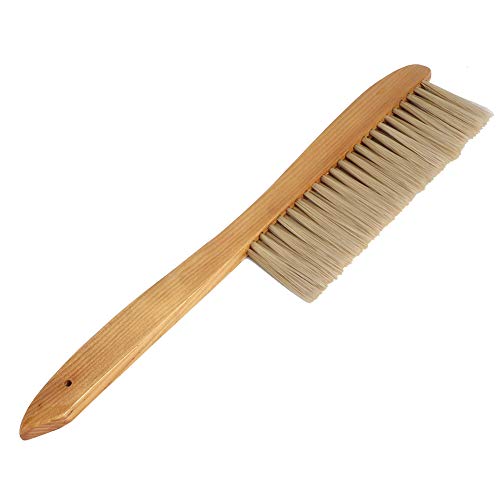andybeehive
New Bee
- Joined
- Mar 30, 2012
- Messages
- 15
- Reaction score
- 0
- Location
- wiltshire
- Hive Type
- National
- Number of Hives
- 5
I have read with great interest that a Wiltshire beekeeper (Chris Wilkes) is setting up a British black bee breading station at Imber church on the Salisbury Plane (in both the Daily Mail and Sunday Times this weekend).
In the Daily Mail article it states the site is 5 mile from the nearest colony of “common bees”, this may be the case by road but there are apiaries in Bratton (3.11 miles), Edington (3.04 miles), Erlestoke (3.02 miles), Westbury (4.5 miles) and Warminster 4.5 (miles) [distances measured as the crow flies from google earth (including my own Buckfast and Wiltshire mongrel colonies)].
Is the Imber site isolated enough to maintain and breed pure strain British black bees?? I’ve read various articles that claim queens can travel upto and sometimes over 5 miles to mate although drones appear to be more local.
Quotes from the Dialy Mail (19th August 2013)….
“It is very difficult to breed pure lines of bees because it only takes a few feral ones to give you a mongrel breed.”
“But Imber gives us a great chance to breed a pure strain of British black bees.”
In the Daily Mail article it states the site is 5 mile from the nearest colony of “common bees”, this may be the case by road but there are apiaries in Bratton (3.11 miles), Edington (3.04 miles), Erlestoke (3.02 miles), Westbury (4.5 miles) and Warminster 4.5 (miles) [distances measured as the crow flies from google earth (including my own Buckfast and Wiltshire mongrel colonies)].
Is the Imber site isolated enough to maintain and breed pure strain British black bees?? I’ve read various articles that claim queens can travel upto and sometimes over 5 miles to mate although drones appear to be more local.
Quotes from the Dialy Mail (19th August 2013)….
“It is very difficult to breed pure lines of bees because it only takes a few feral ones to give you a mongrel breed.”
“But Imber gives us a great chance to breed a pure strain of British black bees.”























































